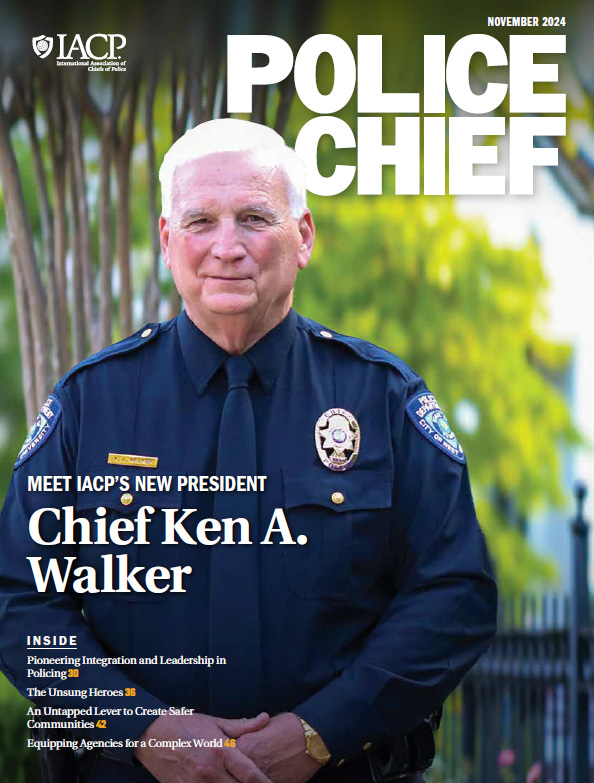The successful police departments of the next decade will be those that have engaged their communities; human services partners; and most critically, their political leadership to improve the manner in which local government addresses the myriad problems that have little or no solution in law enforcement or the criminal justice system. Continuing to operate in an environment that says, “We will respond to and fix any problem anywhere at any time,” has led to a crisis in police legitimacy that is, in many ways, of our own making. I suggest that what prompts many to call for “defunding” the police is in fact a well-intended desire to get human service delivery right. It is the hope that government will send the best people with the best resources to the problems they are best suited to address. For too long, the police officer has been the only option. The effective chief or sheriff of tomorrow will seek the continued evolution of those we have come to know as “first responders” and lead the wholesale overhaul of service delivery, particularly in the mental health and social services fields. Police officers should no more be asked to respond to and solve long-term societal ills than they should be asked to perform an appendectomy. Every police executive should be deeply engaged in the development of field response strategies by the private and governmental organizations that are best equipped to deal with the complex problems of their communities. Policing will be the easy part.


